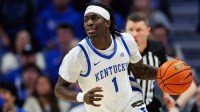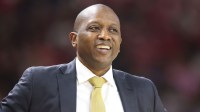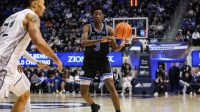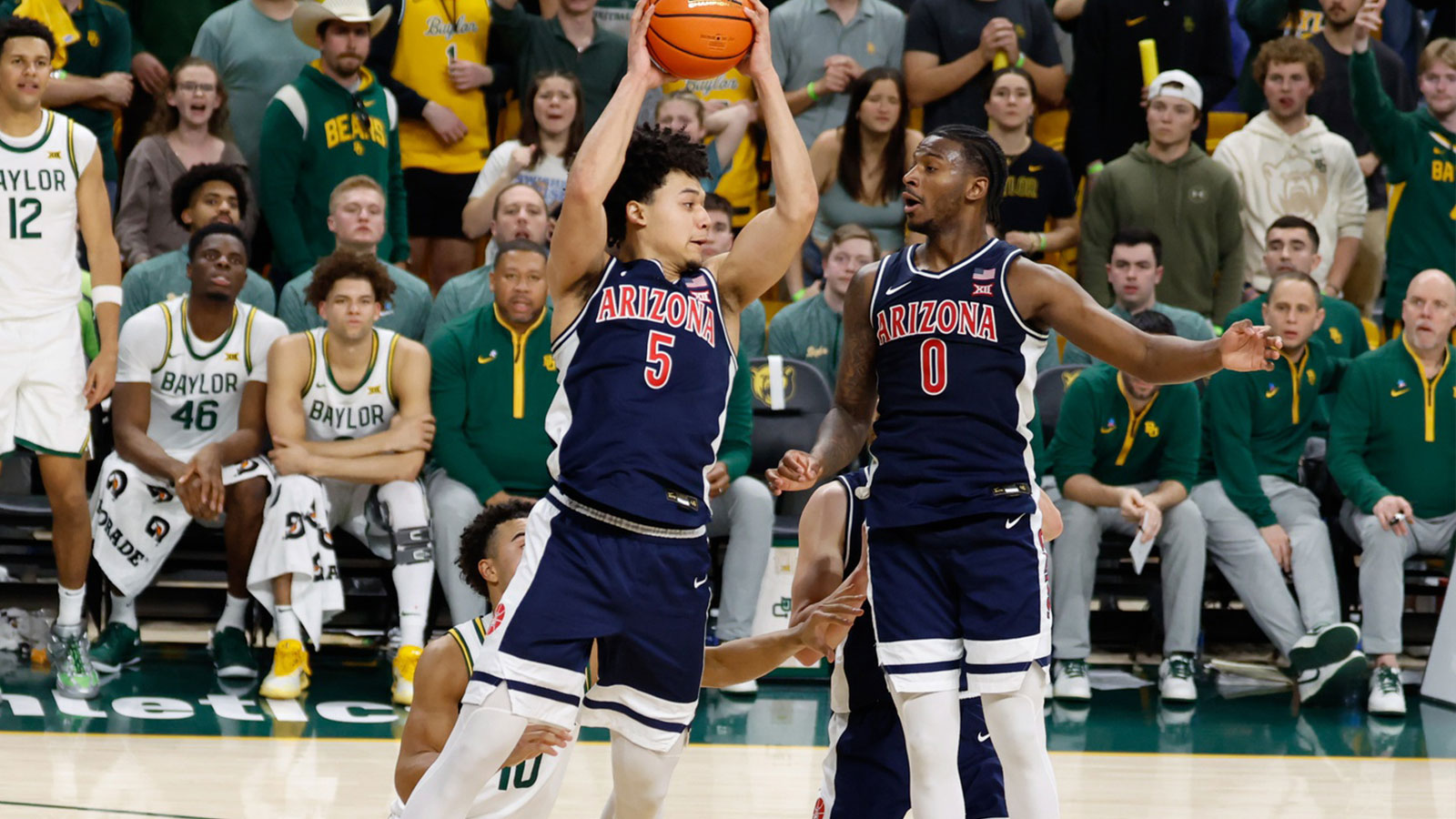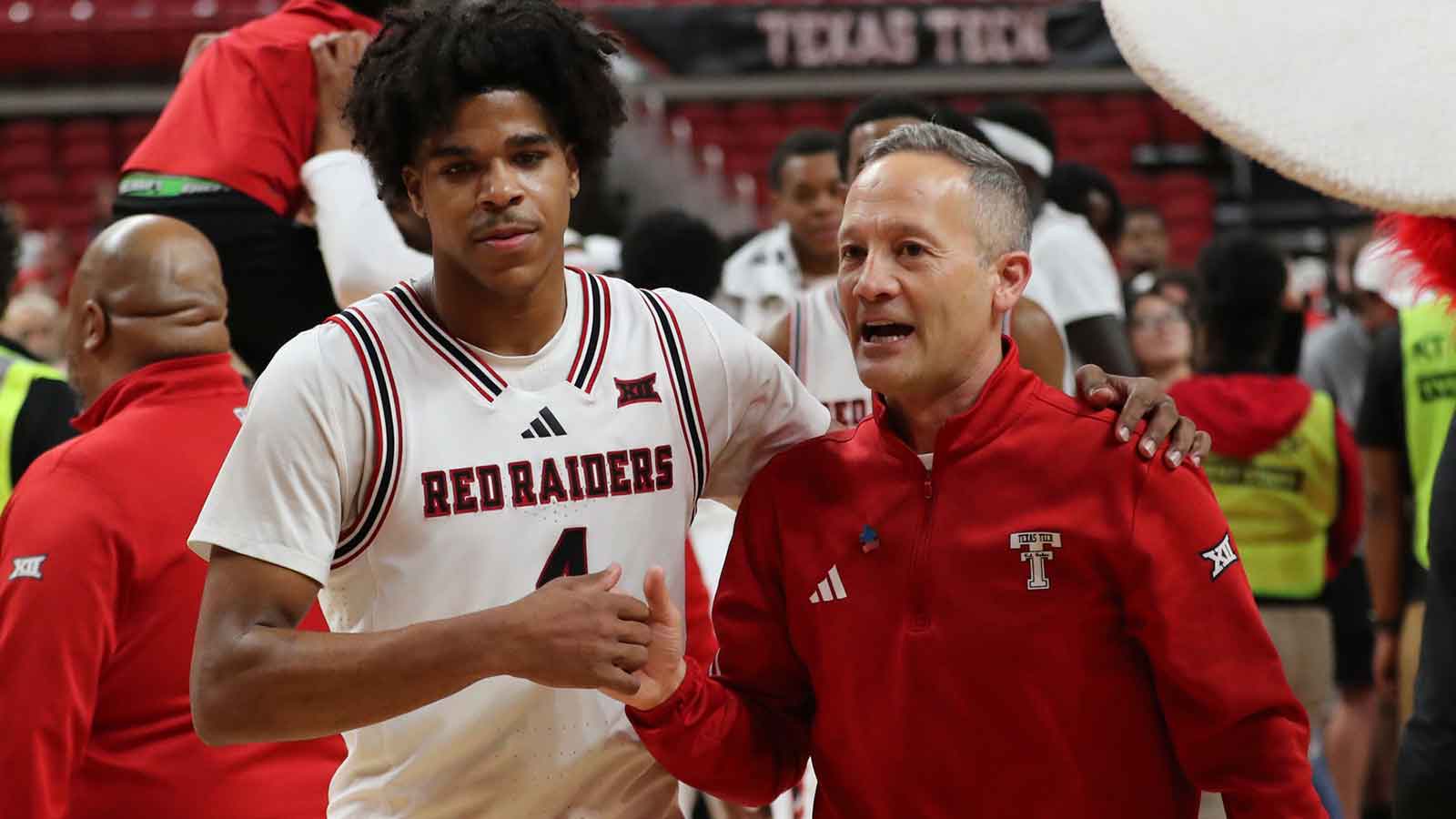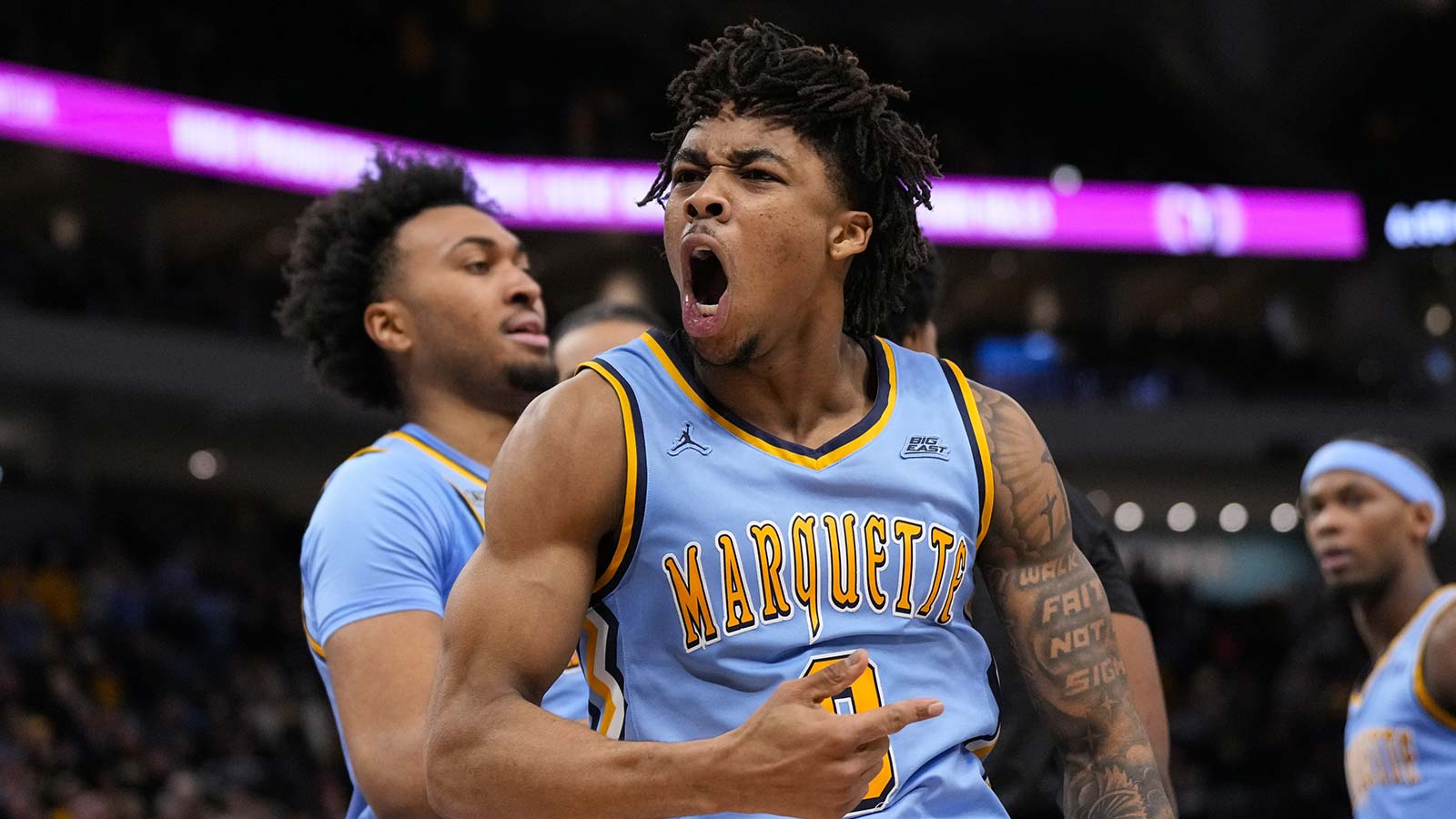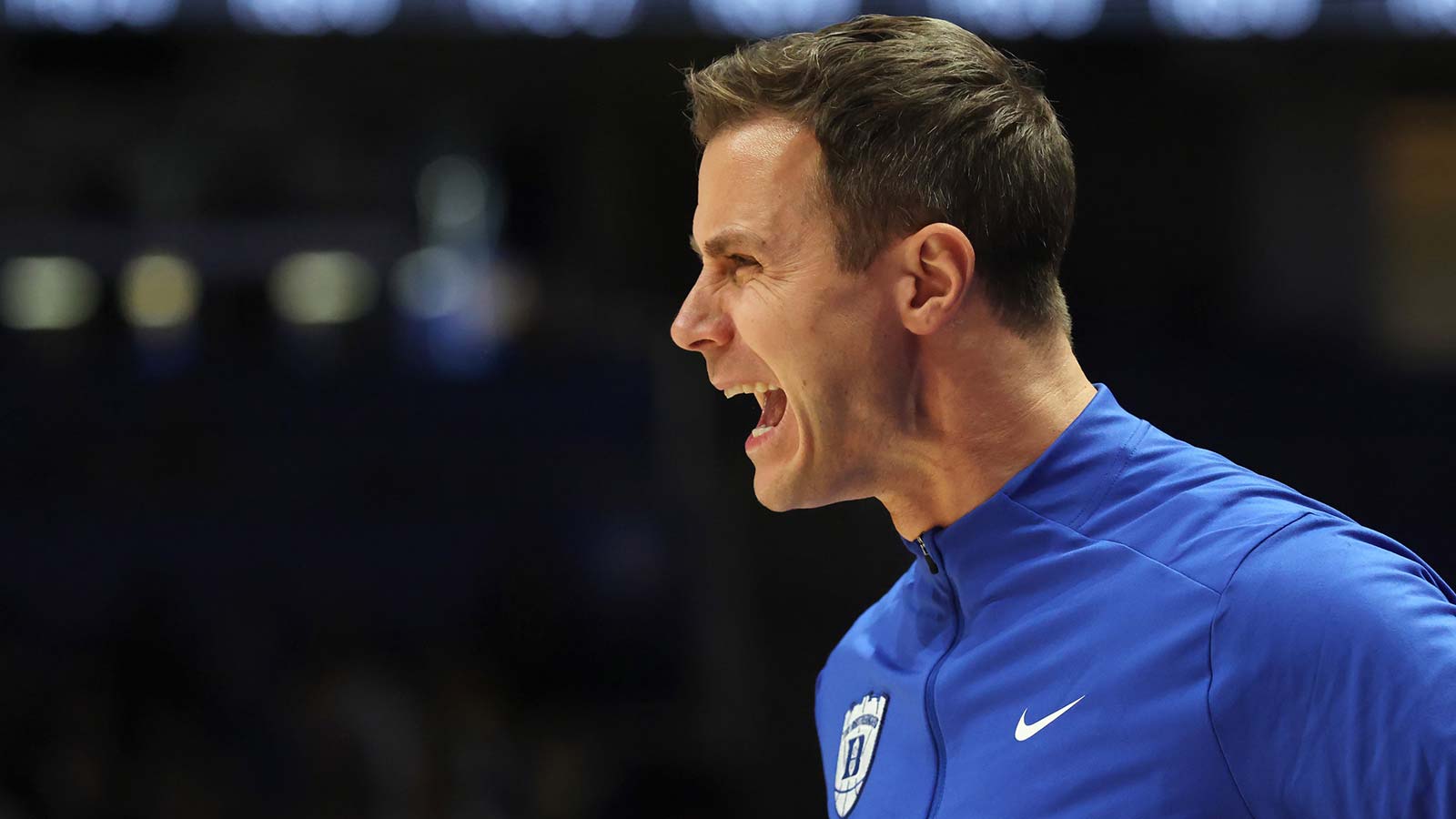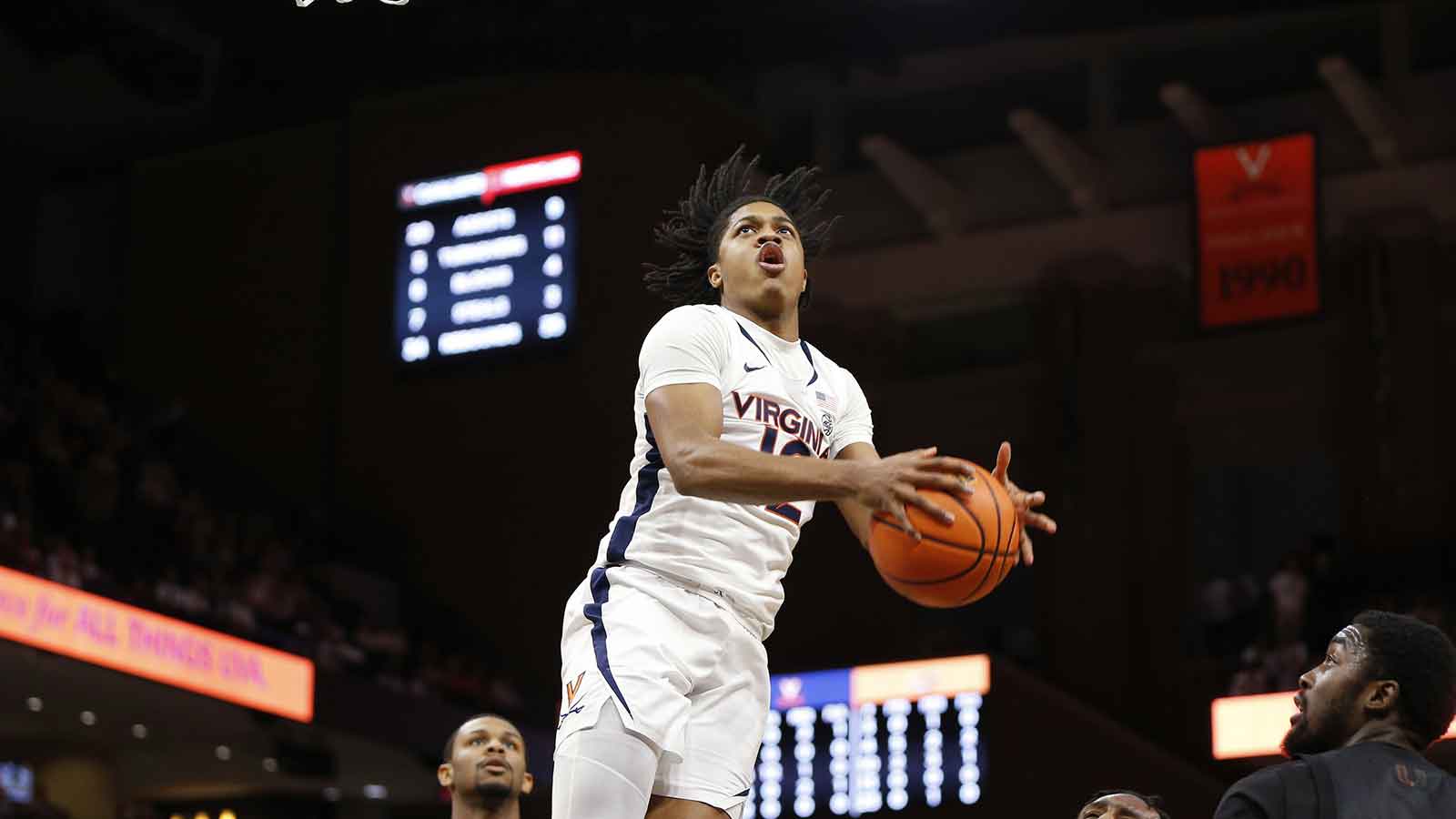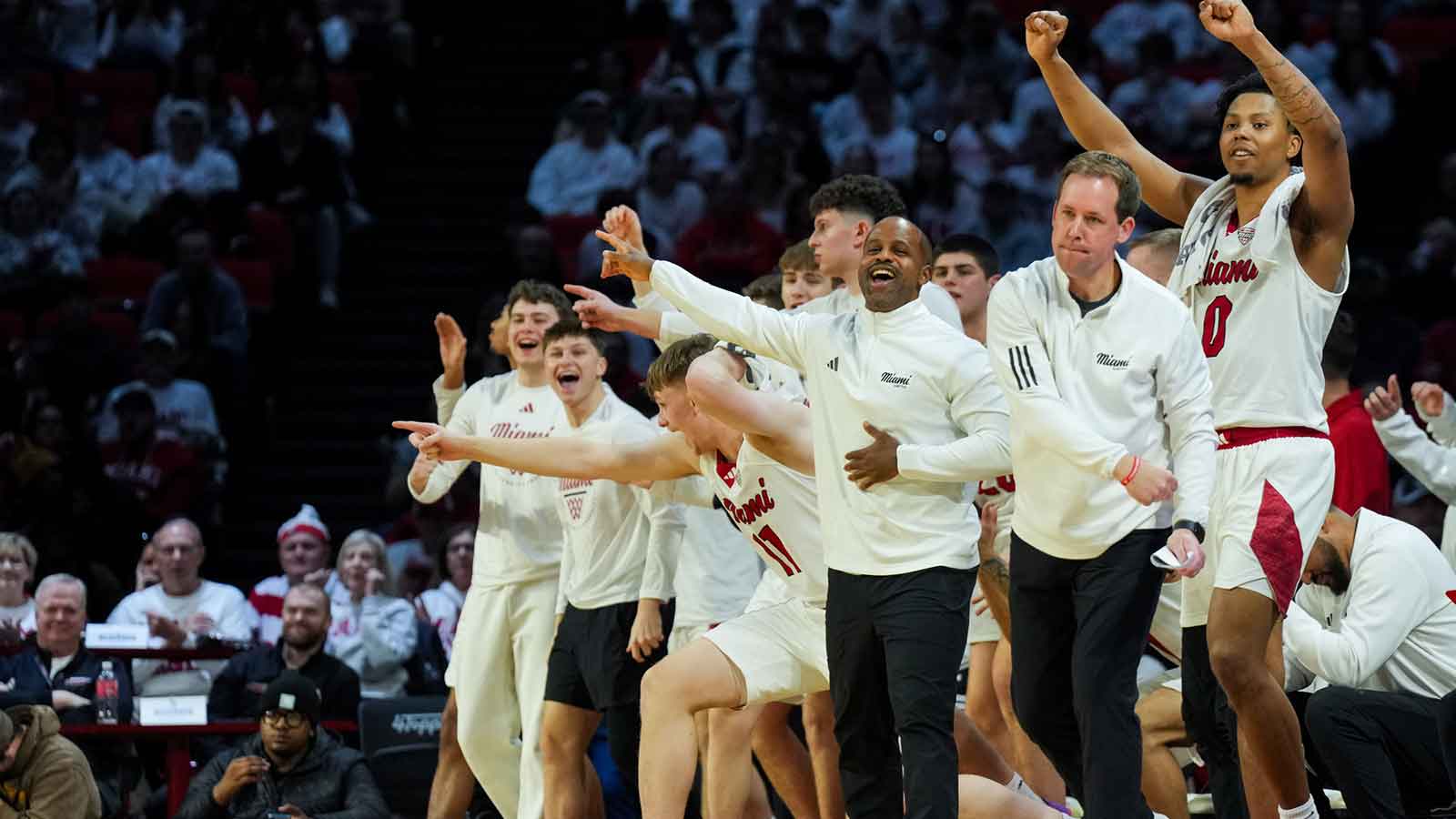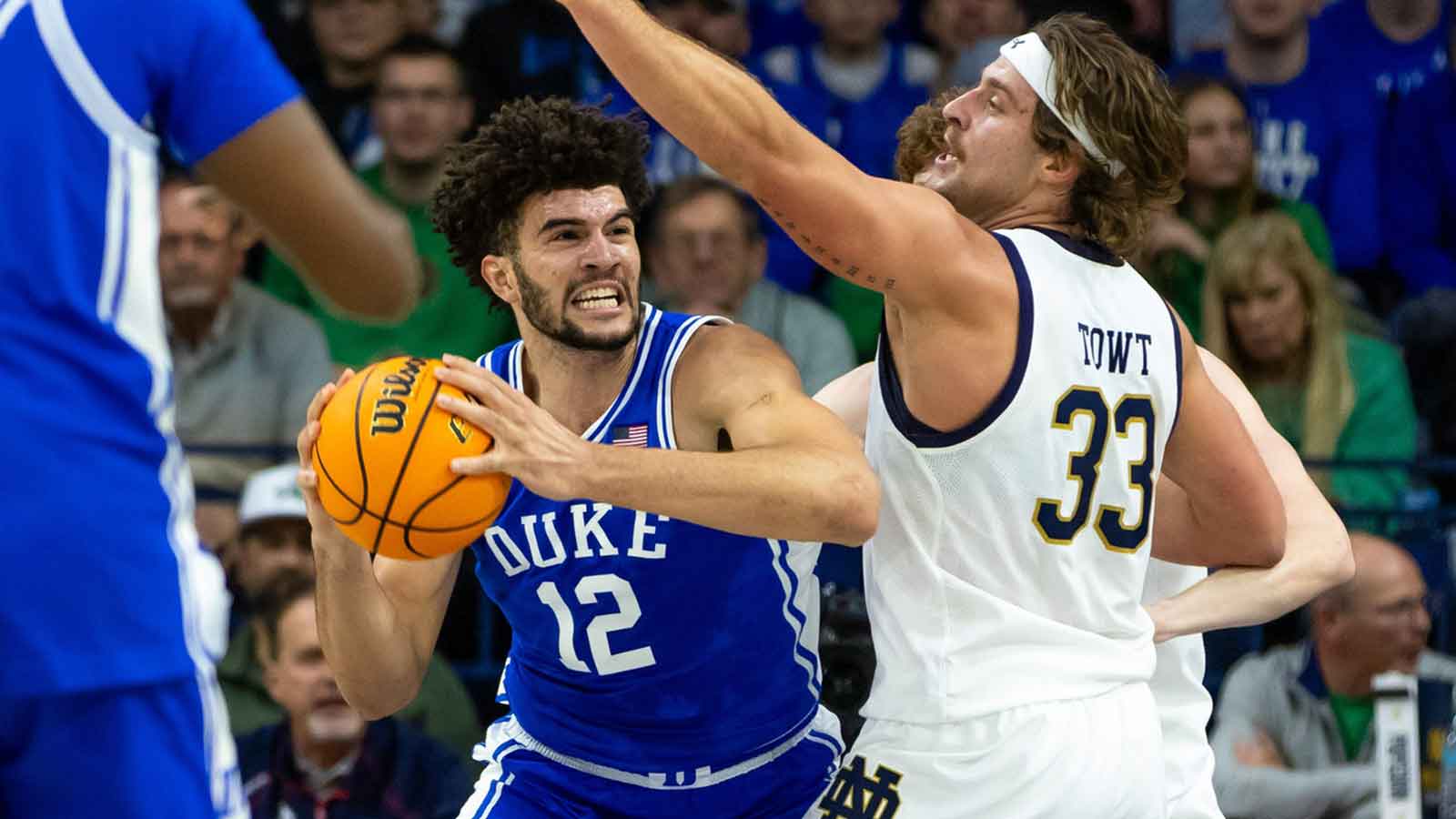In the fervent whirlwind of March Madness, where heroes are forged on the hardwood and legends etch their names into NCAA lore, Purdue’s towering sentinel, Zach Edey, has ignited a rallying cry from former NBA star and current analyst, Kendrick Perkins, demanding the behemoth's due respect from the pro ranks. Edey's tour-de-force in Purdue's dismantling of Utah State not only propelled the Boilermakers into the Sweet 16 but also showcased a level of dominance that harkens back to the storied performances of NCAA Tournament yore.
Zach Edey out here dominating with 21-11 at half… but majority of NBA GMs are going to say he don’t past “Eye Test” we are living in crazy in times! God Bless America
— Kendrick Perkins (@KendrickPerkins) March 24, 2024
With a stat line that blares like a siren – 54 points and 35 rebounds over the first two rounds – Edey has vaulted into an elite club, joining the likes of Antonio McDyess and Blake Griffin as one of the only players since 1960 to amass over 50 points and 30 rebounds in the tournament's opening acts (per Sportsnet's Tim Micallef). This monumental achievement, punctuated by a 21-point, 11-rebound masterclass in just the first half against Utah State, underscores a performance so commanding, it has Perkins taking to social media to decry the apparent oversight by NBA general managers, who, in his view, fail the “eye test” by undervaluing Edey’s prodigious talent.
The “eye test,” a nebulous evaluation criterion often leveraged by scouts and GMs, ostensibly gauges a player's NBA readiness or potential based on subjective observation. Perkins' critique underscores a broader debate about the valuation of traditional, towering centers in an era where the NBA's stylistic evolution favors pace, space, and perimeter proficiency. Edey, standing as a colossus among men on the college stage, presents an interesting conundrum: a player who can dominate the collegiate ranks yet faces skepticism about how his game translates to the next level.
Edey's postgame remarks, “No pressure just basketball. We did what we were supposed to do. We're gonna keep moving on,” reflect a poise and focus that belies the ongoing discourse about his future. His performances speak to a player who transcends the moment, embodying the ethos of March Madness where only the game in front of you matters. Yet, the implications of his dominance stretch far beyond the immediacy of the tournament, sparking conversations about the value and role of size and skill in the modern game.
"No pressure just basketball. We did what we were supposed to do. We're gonna keep moving on."
Zach Edey, after his 23-point performance following their win to advance to the Sweet 16 🗣️pic.twitter.com/vLzjCv7O57
— ClutchPoints (@ClutchPoints) March 24, 2024
The comparison to Antonio McDyess and Blake Griffin, both of whom parlayed their college success into notable NBA careers, is particularly apt. McDyess, a formidable presence in the mid-'90s, and Griffin, a high-flying act known for his athleticism and skill, represent the spectrum of big man evolution. Edey’s insertion into this narrative prompts a reevaluation of how the NBA perceives and utilizes players of his archetype. It begs the question: in an age where the archetype of an NBA center has morphed significantly, how does a player with Edey's sheer size and skill set fit?
The historical context of Edey’s achievement cannot be understated. Since 1960, the NCAA Tournament has been a proving ground for countless future NBA stars, a crucible where potential is transformed into prowess. Edey’s name now sits alongside some of the most impactful players in college basketball history, a testament not just to his ability to score and rebound, but to dominate in a manner that compels attention.
Kendrick Perkins' demand for respect towards Edey from NBA circles is more than a plea for recognition; it's a call to reexamine the criteria by which talent, especially of the traditional big man variety, is judged. Perkins' invocation of God Bless America isn't just a patriotic flourish; it's an appeal to the foundational ideals of meritocracy and fairness in the evaluation of talent, irrespective of prevailing trends or biases.
As the 1-seeded Purdue basketball advances in the tournament, the spotlight on Zach Edey intensifies, not just as a collegiate athlete but as a beacon for a style of play that refuses to be obsolescent. His journey through March Madness is not merely a bid for NCAA glory, but a narrative that challenges the status quo, urging a renaissance of appreciation for the quintessential big man in basketball's highest echelons.
In the end, Edey’s towering presence in the NCAA Tournament is a reminder of the enduring impact of size, skill, and heart in basketball. As Perkins champions Edey's cause for NBA respect, it becomes clear that the conversation is about more than just one player's transition to the professional ranks. It's about the evolution of the game itself and the recognition of talent that defies conventional wisdom. As March Madness unfolds, Zach Edey’s performances are not just a footnote; they're a clarion call for a broader appreciation of diversity in player profiles at the NBA level, proving that even in the modern game, there's still room at the top for giants.



